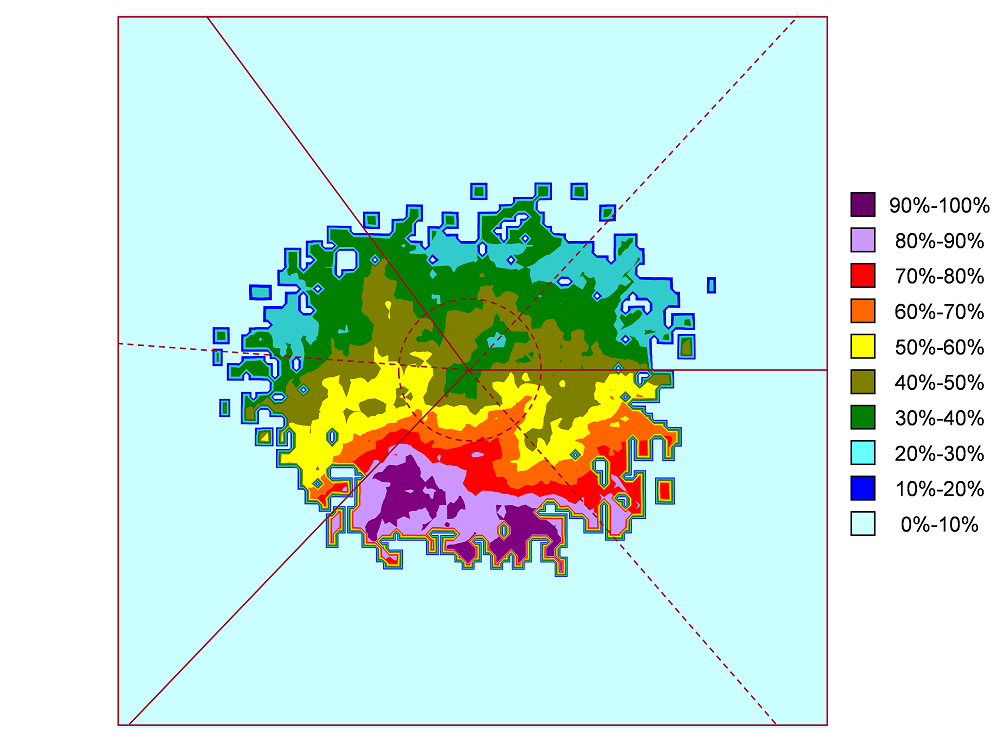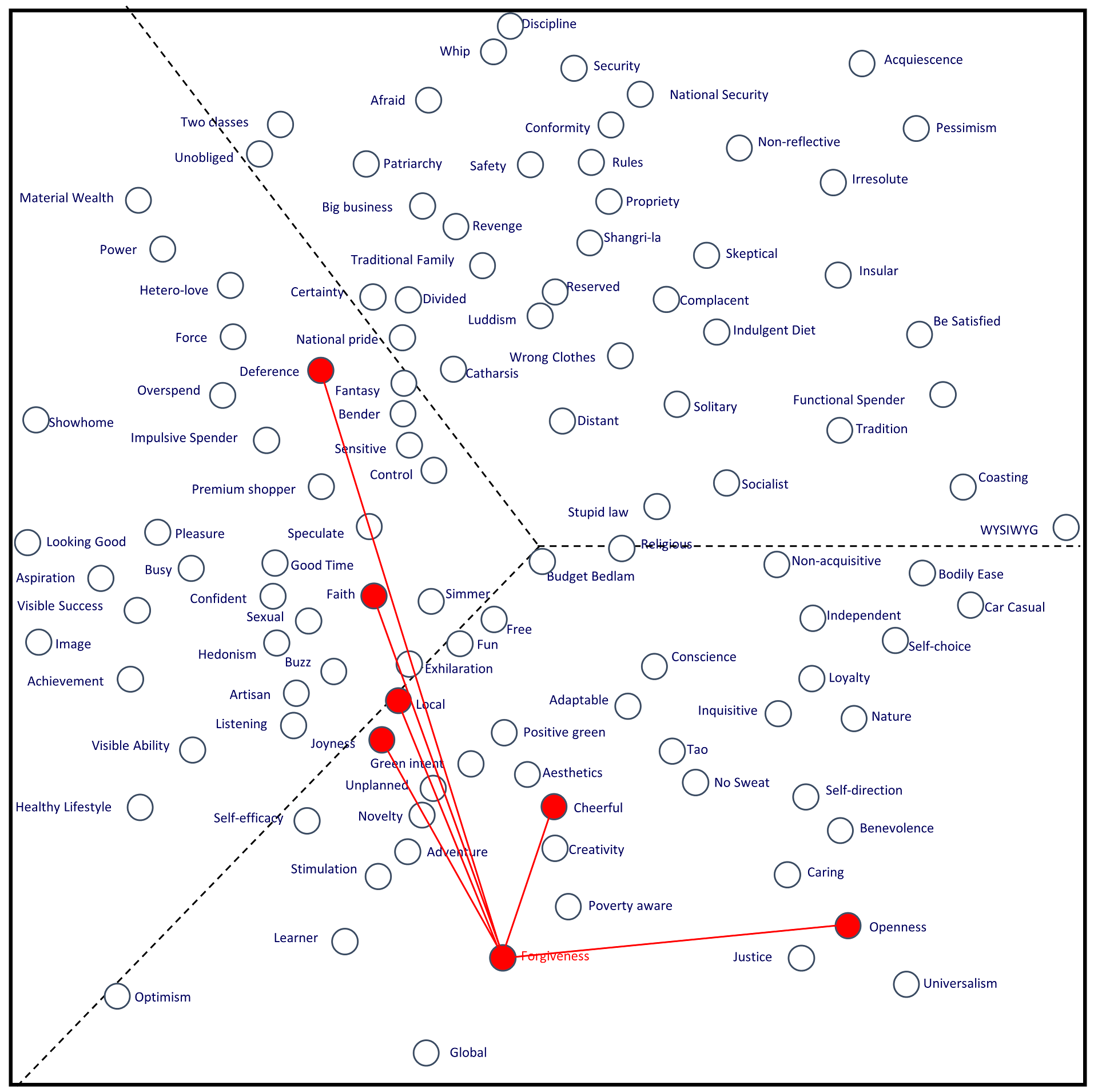

FORGIVENESS
 |
I believe that it is best to forgive and forget.
I never seek vengeance and always allow others
to make a fresh start.
“When I walked out of the gate, if I continued to hate the jailers I was still in prison.” Nelson Mandela
Forgiveness is when individuals are able to transform positively the way they feel about someone who has hurt or offended them. The capacity to forgive tends to increase with age and a slightly higher proportion of women than men see it as one of their character strengths.
Recognising that forgiveness is a process, not a one-off event, those who value this attribute believe that it is best to forgive and to forget, and to give offenders the opportunity to make a fresh start. In consequence, such people are patient and are able to wait for individuals to apologise and show remorse; however, they also accept that often this cannot be done without help from a respected authority to act as an intermediary.
Most world religions include teachings on the nature of forgiveness, so it is not surprising to discover that many who are willing and able to forgive also have a deep belief in a universal power or God, and the power of prayer or meditation; and see such faith as a key factor within their identity. So, one of the core motivations to forgive arises from a sense of moral obligation or spiritual aspiration.
Also, it is evident that the other major driver to forgive others is the need to have and to maintain good relationships, whether it be through spending their free time helping their local community, or as a result of their need to understand people who have very different views and different approaches to life. Understanding why someone did something can help people to forgive, even though it does not condone, excuse or pardon any inappropriate behaviour. It is about forgiving the person, not the actions.
Over the last two decades, the emerging field of Positive Psychology has also produced evidence to show that those who can forgive are healthier and happier than those who continue to hold resentments. The ability to let go of negative emotions, such as vengefulness, has been shown to have a range of positive benefits. This corresponds with our data, which shows that those who value forgiveness are likely to be more cheerful, even in times of adversity. Tending to adopt a glass-half-full, rather than a glass-half-empty view of the world, their happiness comes as much from seeing other people happy and getting excited about the good fortune of others.
This compassionate worldview underpins the use of forgiveness as a tool that has been extensively used in restorative justice programs like the peace process in Northern Ireland and creation of the Truth and Reconciliation Commission in South Africa after the abolition of apartheid.
To summarise, these people can feel at home anywhere, as they try to see others in the round and to not let negative emotions get in the way of living life to the full.
Using ForgivenessDemographic Skews: 1) Over-indexed: Female, 55+. 2) Under-indexed: Male. Forgiveness espousers also espouse other Attributes. The top six most highly correlated Attributes of Forgiveness espousers are, in order of the strength of relationship: 1) Joyness In total those who espouse Forgiveness also over-index significantly on 28 other Attributes. |
|
If "Forgiveness" (or the associated attributes) are important to you and you would like to delve more deeply, contact us at mail@cultdyn.co.uk
